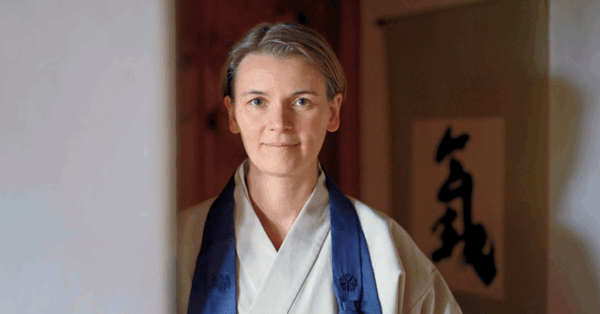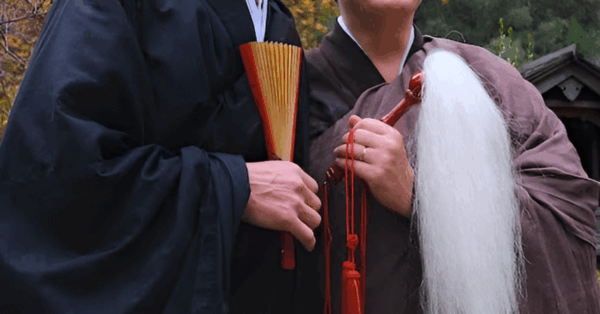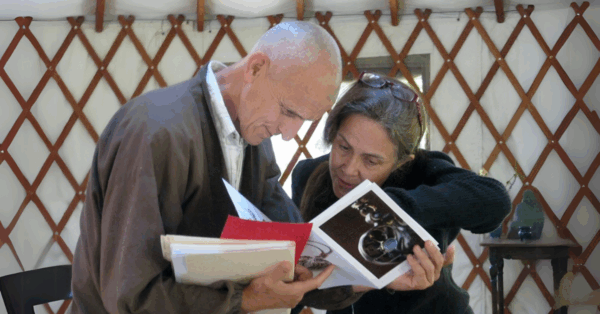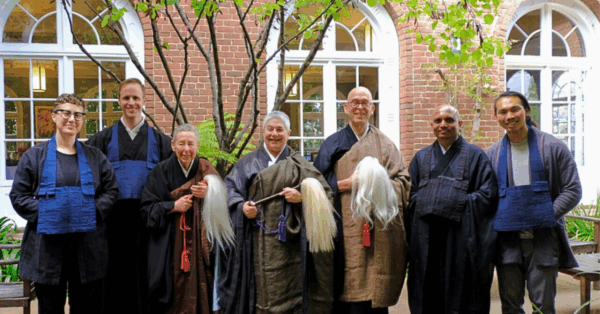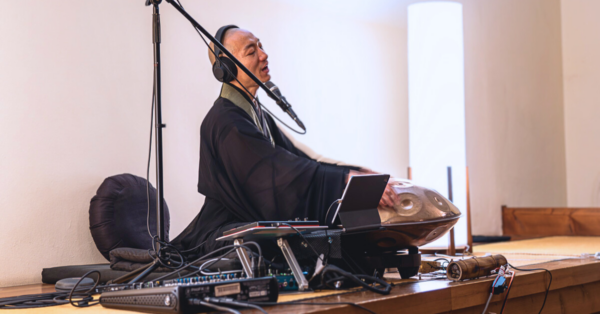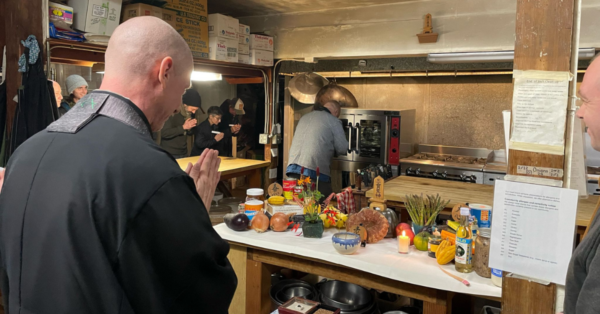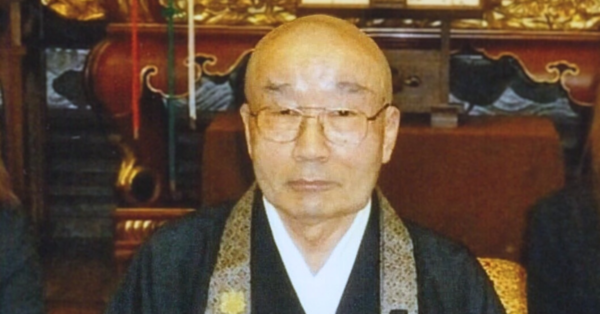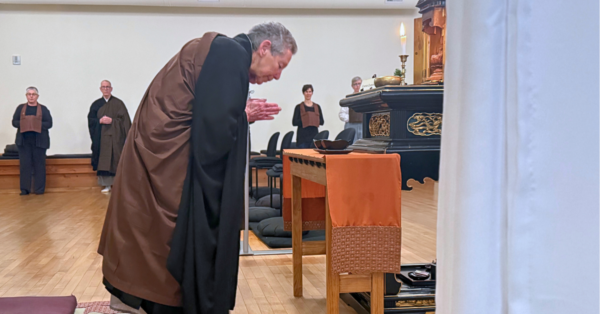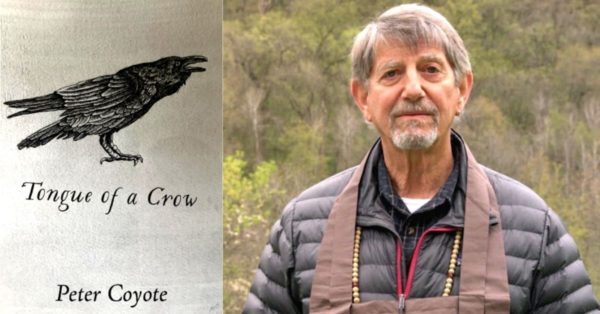
By Tova Green
In November 2021, I met with Peter Coyote to discuss Tongue of a Crow, his first book of poetry, published in September 2021. We ended up having a wide-ranging conversation which included his most recent book, The Lone Ranger and Tonto Meet Buddha, what is most alive for him in his Zen Buddhist practice, and his thoughts about Zen Buddhism in North America.
Coyote, well known for his acting and for narrating prize-winning documentary films, has been a closet poet since the 1960s. In 1969, he moved to Los Angeles to study creative writing in a M.A. program with poet Robert Duncan. Although he had friends among the beat poets, including Gary Snyder and Philip Whalen, he never told them that he was writing poetry. Instead he kept his poems in a drawer.
When he turned seventy-five, Coyote looked through the many papers in the drawer, poems written over a span of fifty years. He asked poet Patrick Donnelly to help him revise his poems and shape them into a manuscript. They worked together on the Tongue of a Crow for over two years. After it was published, and the first time Coyote read his poems in public, he was terrified and shy. “It was so tender.”
The book’s title comes from his poem, “Six Cold Comforts”:
Slitting the tongue of a crow enables it
to speak English.
“Some people have taught crows to say a few words,” Coyote explained, and he was intrigued by that image. Coyote has an affinity for crows and feeds between twenty-five and twenty-eight crows every day.
As he continues to write poetry, he now finds the art of revision most exciting. He interrogates his poems to learn what they need and chooses words more accurately. He reviews a poem that doesn’t work “to see what’s waste in it,” what can be cut. He looks forward to recording an audiobook version of Tongue of a Crow.
Coyote has practiced Zen for 45 years. He was ordained as a priest by Lew Richmond in 2011 and received Dharma transmission in 2015. Richmond gave him the name HoSho JiShi/ Dharma Voice, Compassion Warrior. He finds zazen—“settling into emptiness”—very compatible with poetry and acting.
Although Coyote has priest robes, his daily life is “quite secular.” He has learned how to speak with people who have no grounding in Zen. During the pandemic, he gave dharma talks online every two weeks. He found this exhausting and is considering other ways of approaching Zen teaching. He and two colleagues, David Brazier, author of The Feeling Buddha, and Paul Shippe are exploring how to convey what they call “vernacular Zen.” “Without losing the essence of Zen, how do I loosen the Japanese gift-wrapping around the Buddha’s actual gift, so it doesn’t seem exotic or foreign?”
His newest book, The Lone Ranger and Tonto Meet Buddha: Masks, Meditation, and Improvised Play to Induce Liberated States is an exploration of how malleable the sense of self can be—how to use masks, meditation, and improvisation to free ourselves from who we think we are.
Peter Coyote finds many ways to express the voice of the Dharma with compassion and fierceness, embodying his Dharma name.
Tongue of a Crow is available through the Zen Center Bookstore.


